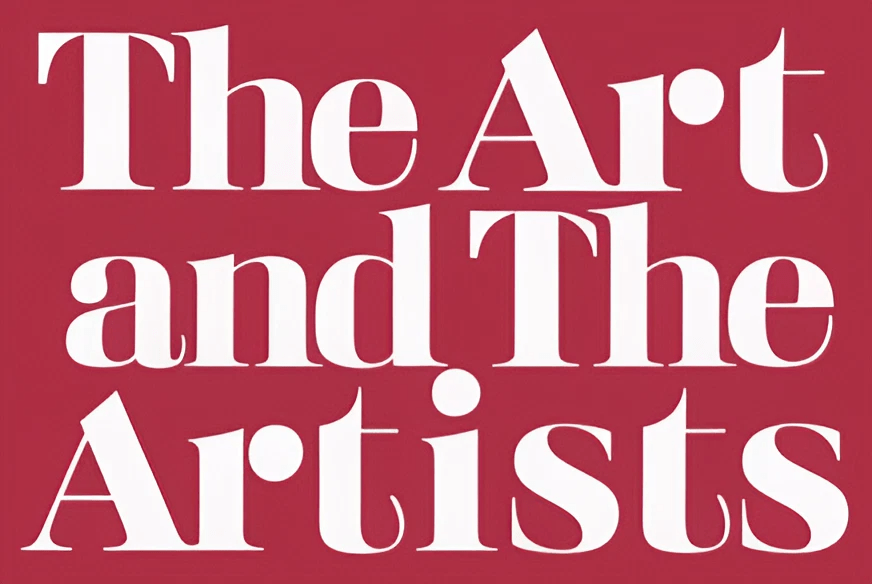Copyright issues
A professional scriptwriter should be very aware of copyright issues to avoid falling into the trap of tussles in courts. According to the copyright law, any original script belongs exclusively to the writers. This not only comprises reproduction rights, distribution, performing, and displays of work but is also automatically protected under the law at the time of its creation, although registering the script with the relevant copyright office provides added legal benefits and is recommended for enforcement.
Moreover, authors must ensure not to violate any copyrighted material belonging to others. This includes ascertaining the utilization of the use of any characters, plot, or dialogue without permission. Exceptions exist for fair use provisions but are narrow and oftentimes tricky, normally covering only commentary, criticism, or parody.
Also, in using material that is adapted from anything done in the past or from life, it is important to secure the proper rights and permissions. These include ethical considerations concerning originality, proper credit, respect for the intellectual property of others, and so on. It is this knowledge and adherence that protect the writing process and the works it brings forth from legal and ethical considerations.
Let’s watch video by Film Courage Travis Seppala explains in short about the Best Way To Protect A Screenplay Is With Copyright.
